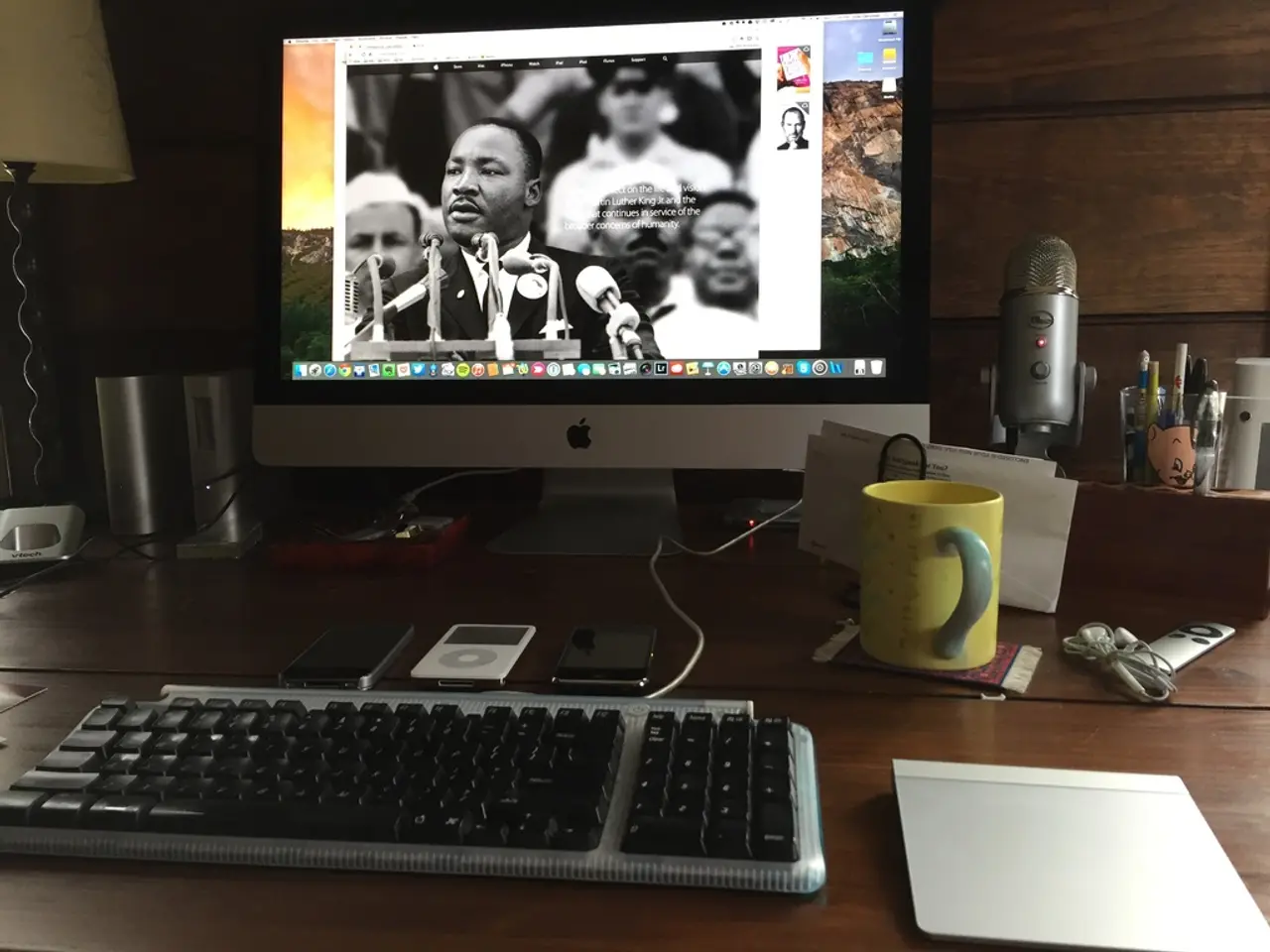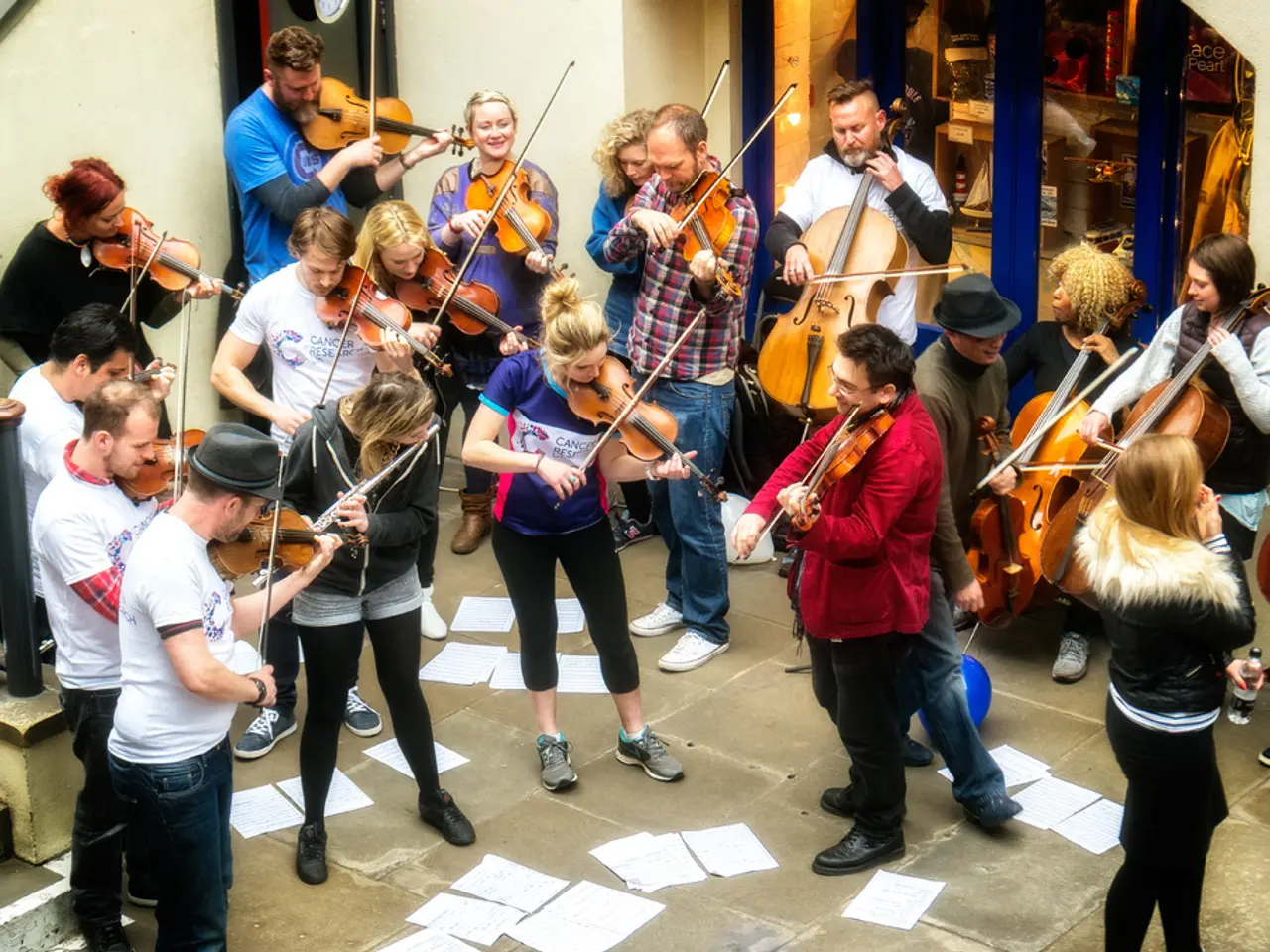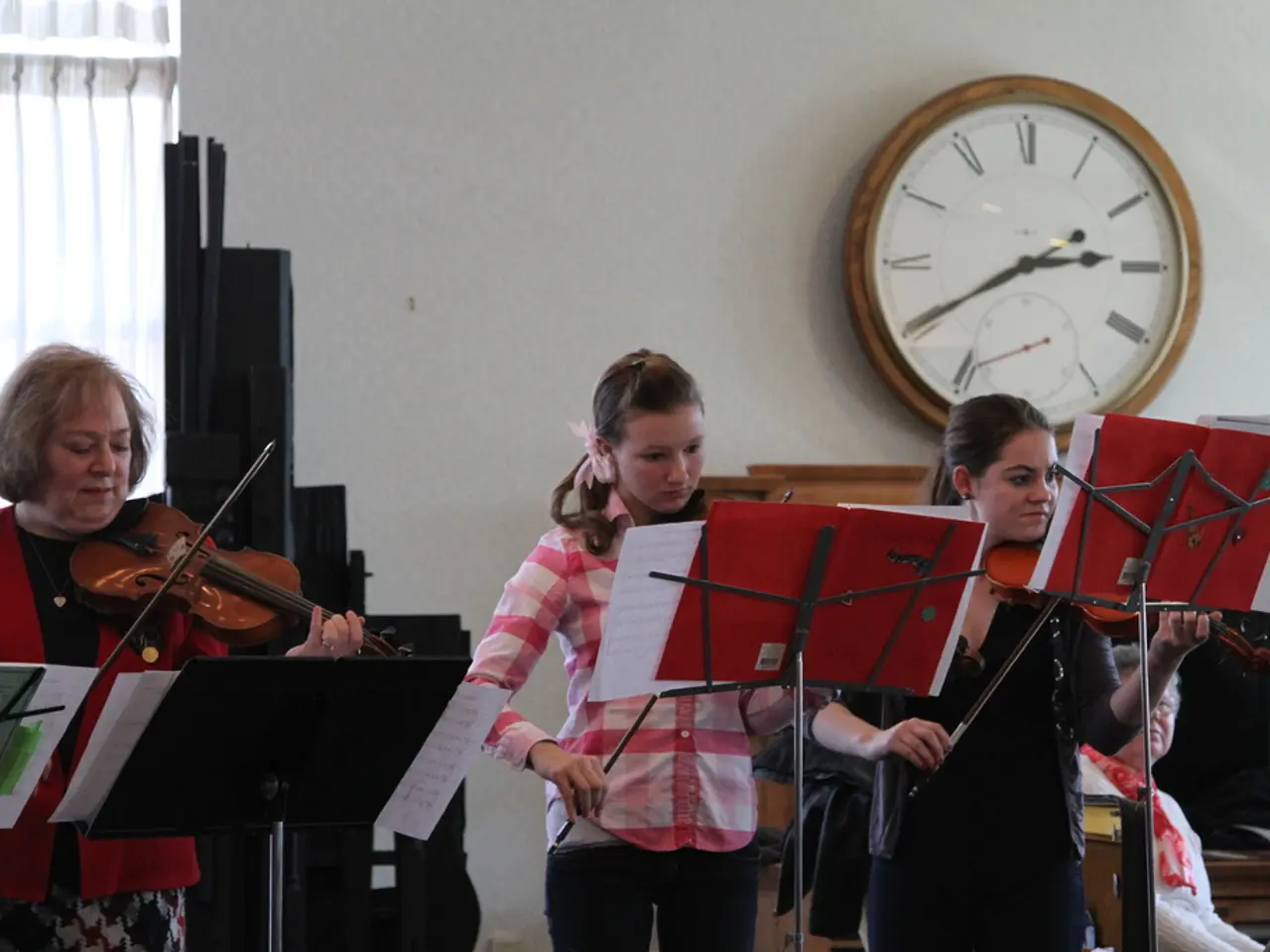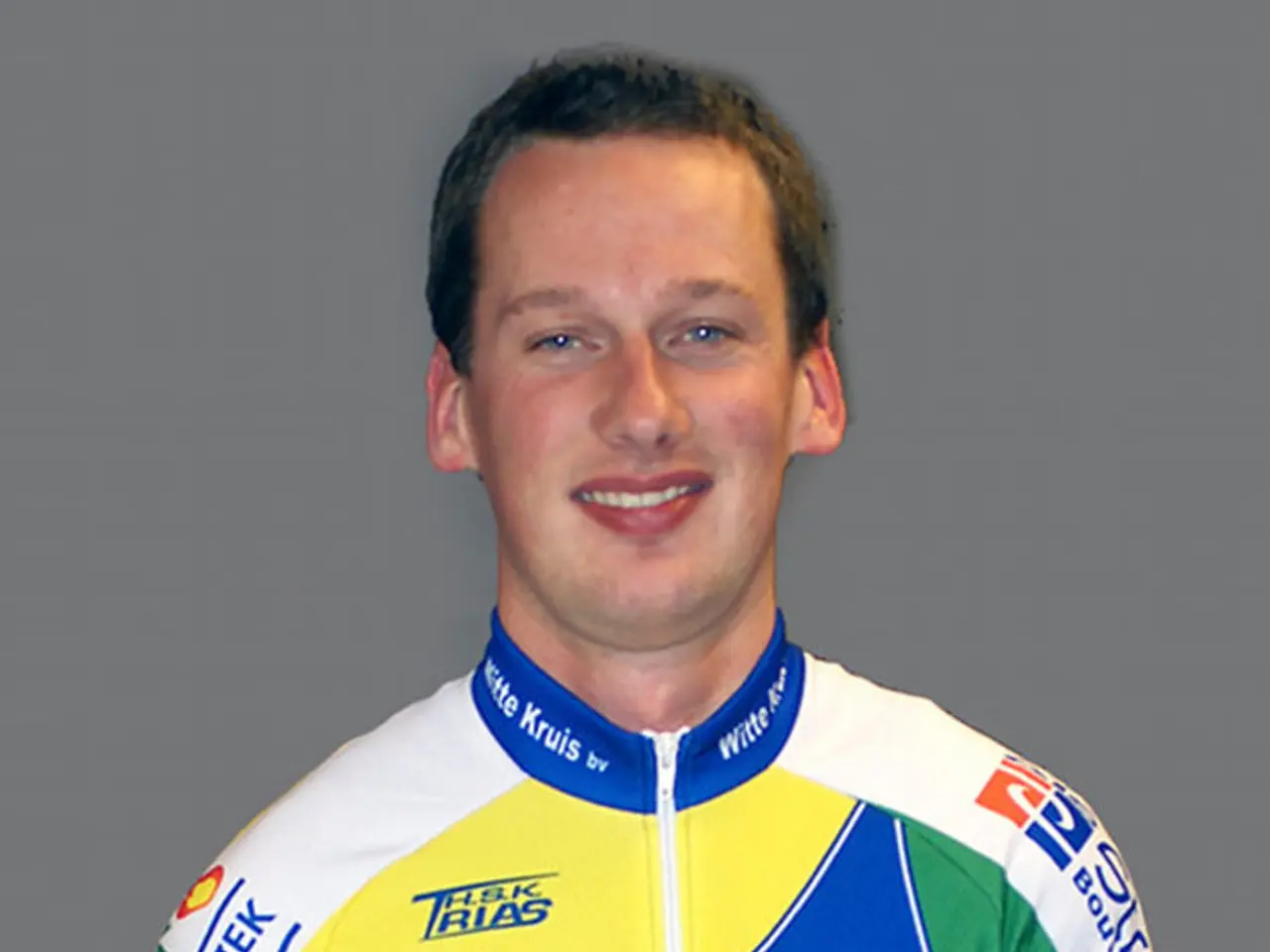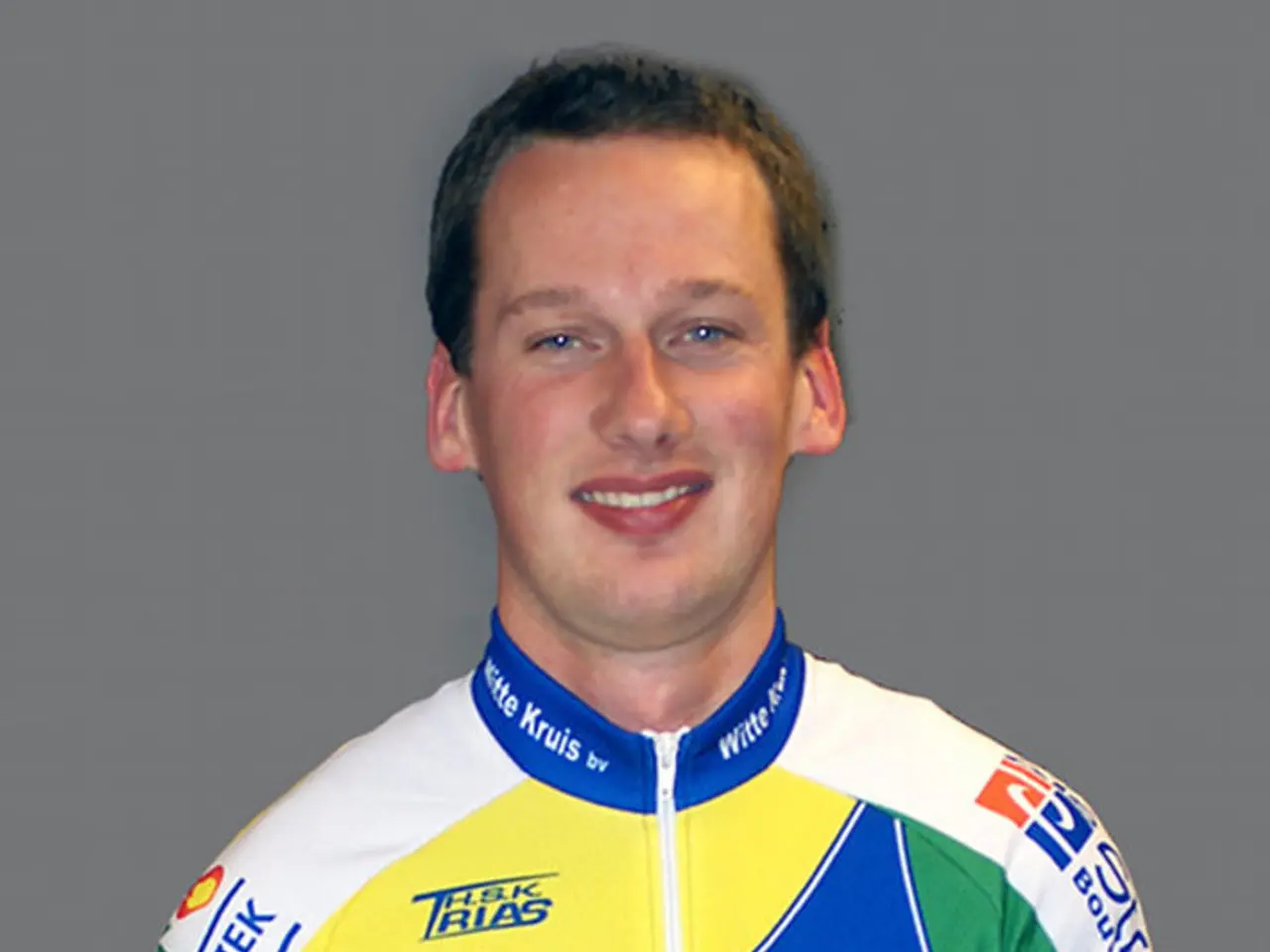Pope Francis' Life Span: 1936-2025
In the final days of his life, Pope Francis, the 265th Pope and the first Jesuit from the Southern Hemisphere, demonstrated his unwavering commitment to uplifting the marginalized, even ignoring medical recommendations to visit a prison and minister to inmates and staff for over an hour.
Born Jorge Mario Bergoglio in Buenos Aires, Argentina, the 87-year-old single father exemplified fatherly love to more than 1.3 billion faithful around the world. His papacy, which spanned nearly 12 years, was marked by a compassionate crusade against global inequality.
Francis reinvigorated the Church’s commitment to socioeconomic activism, building on the groundwork laid during the progressive periods of Popes John XXIII and Paul VI. He drew inspiration from liberation theology, particularly as developed in Latin America from the 1960s onward, and emphasized a preferential option for the poor, economic justice, environmental stewardship, and a renewed engagement with marginalized communities.
In his encyclical *Evangelii Gaudium* (2013), Francis condemned unfettered capitalism, describing it as a system that idolizes money and marginalizes the poor. He linked socioeconomic justice with environmental protection, most notably in *Laudato Si’* (2015), which frames environmental degradation as a moral issue disproportionately affecting the poor.
Francis also advocated for the rights of migrants and refugees, urging nations to welcome and protect those fleeing poverty and violence. Like his predecessors, he emphasized the dignity of labor and the importance of just wages and working conditions, building on earlier papal teachings.
The legacy of Pope Francis in socioeconomic activism is distinguished by his practical and compassionate approach to global inequality. He has sought to balance the Church’s traditional teachings with the urgent needs of the modern world, often addressing contemporary issues such as climate change, migration, and economic exclusion with direct, pragmatic language.
Mark Kennedy Shriver '86, a Georgetown alumnus, has written a new book about Pope Francis titled "Pilgrimage: My Search for the Real Pope Francis". In the book, Shriver explores the Pope's socioeconomic activism and its roots in Catholic social teaching and liberation theology. Shriver recently spoke in the Hogan Ballroom about his book.
As the Papal Conclave approaches, Francis' influence is evident in the Church’s renewed global focus on poverty, environmentalism, and social justice. While he faced criticism from both conservatives and progressives, his legacy will continue to shape the Church's approach to socioeconomic issues in the 21st century.
| Aspect | Description | |-----------------------|-----------------------------------------------------------------------------| | Preferential Option | Prioritizing care and justice for the poor and marginalized[4] | | Economic Critique | Condemning unchecked capitalism and economic inequality[1] | | Environmentalism | Linking environmental protection with social justice (*Laudato Si’*)[1][4] | | Migration Advocacy | Promoting the rights and dignity of migrants and refugees | | Labor Rights | Emphasizing dignity of work and fair labor practices[3] |
- The news of Pope Francis's socioeconomic activism, as depicted in Mark Kennedy Shriver's book "Pilgrimage: My Search for the Real Pope Francis," sheds light on his opinions about the need for economic justice, environmental protection, and the dignity of labor.
- Entertainment media often discusses the opinions of celebrities regarding various societal issues, but the tradition of Catholic social teaching, as embodied by Pope Francis, provides a comprehensive and timeless approach to addressing global inequality, poverty, and migration.
- The unfolding events surrounding the upcoming Papal Conclave promise to reveal differences in opinion among Church leaders regarding socioeconomic issues, with the legacy of Pope Francis serving as a continual tradition of advocacy for the marginalized and a critique of unchecked capitalism.

